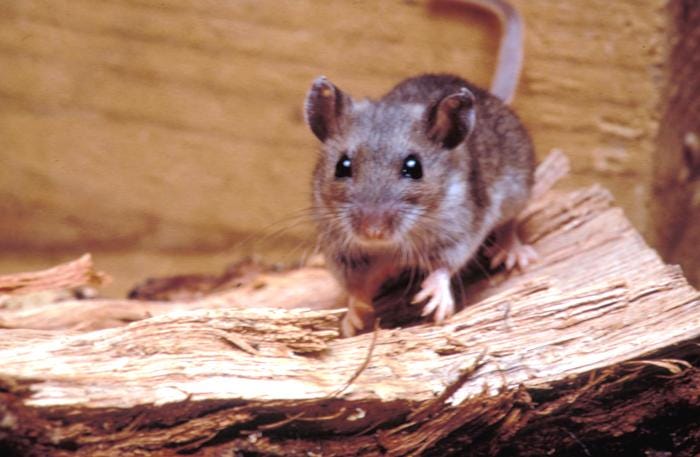New Mexico state health officials reported today a confirmed Hantavirus Pulmonary Syndrome (HPS) case in a 65-year-old woman from Santa Fe County.
Unfortunately, the individual died from the viral disease. This is the first reported case in New Mexico this year.
“This tragic death reminds us that hantavirus remains a serious public health concern in our state,” said Erin Phipps, state public health veterinarian for New Mexico Department of Health (NMDOH). “While cases are relatively rare, the mortality rate is significant. We urge New Mexicans to take preventative measures seriously, particularly when cleaning areas where rodents may have been present.”
Other cases in the US this year:
California: Hantavirus death reported in Mono County
Hantavirus death reported in Washington state
Since 1993, New Mexico has seen 137 hantavirus cases, including this one. This is the most out of any US state.
Hantavirus is a severe respiratory illness caused by the Sin Nombre virus, which is transmitted through contact with infected rodents, or their urine, droppings, or saliva. The virus can become airborne when disturbed, posing risk of inhalation. There is no evidence of human-to-human transmission in New Mexico.
Hantavirus: An interview with Paul Ettestad, DVM, MS
The deer mouse is the main carrier for Sin Nombre virus, which is the hantavirus strain found in New Mexico. People are usually exposed to the virus around their homes, cabins or sheds, especially when they clean out or explore enclosed, poorly ventilated areas that have mouse droppings.
New Mexico reports deceased Lea County resident tests positive for measles
NMDOH recommends these precautions to reduce hantavirus risk:
Air out closed-up structures like cabins and sheds, as well as abandoned or stored vehicles, before entering them.
Use traps to control mouse populations.
Seal homes, buildings and shelters to prevent rodents from entering.
Disinfect nests and droppings with 10% bleach solution before cleaning up.
Never sweep or vacuum rodent droppings.
Store hay, wood and compost away from dwellings.
Eliminate trash and junk piles that can harbor rodents.
Keep pet food and water in rodent-proof containers.





